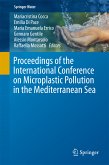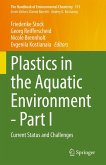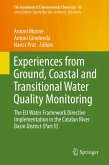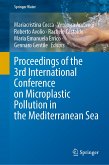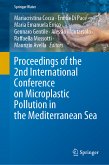The book is a symbiosis of practical experience (REACH) and the interpretation of results from the first-time sampling of inland waters. From the perspective of mass production of plastic products and wastewater technology, it presents a development that considers microplastics as an opportunity. Alongside the imperative of plastic waste prevention, increasing the recycling rate is the order of the day.
The Author
Prof. Dr. Andreas Fath (*1965) began his career at KIT (Karlsruhe Institute of Technology) in the Institute for Microstructure Technology, focusing on the development, process management, and process control of alloy electroplating for micro-galvanic forming. He then spent many years as a chief chemist in the industry, responsible for the development of new products, processes, and surfaces. In 2011, he received the Fraunhofer UMSICHT Science Award for an electrochemical process for the degradation of PFTs (per- and polyfluoroalkyl substances). Since 2011, he has been a professor of physical chemistry at Furtwangen University. As part of the "Rheines Wasser" project, the "swimming professor" swam and analyzed the Rhine, drawing media attention to water protection.
The translation was done with the help of artificial intelligence. A subsequent human revision was done primarily in terms of content.
This book is a translation of an original German edition. The translation was done with the help of artificial intelligence (machine translation by the service DeepL.com). A subsequent human revision was done primarily in terms of content, so that the book will read stylistically differently from a conventional translation.
Dieser Download kann aus rechtlichen Gründen nur mit Rechnungsadresse in A, B, BG, CY, CZ, D, DK, EW, E, FIN, F, GR, HR, H, IRL, I, LT, L, LR, M, NL, PL, P, R, S, SLO, SK ausgeliefert werden.



